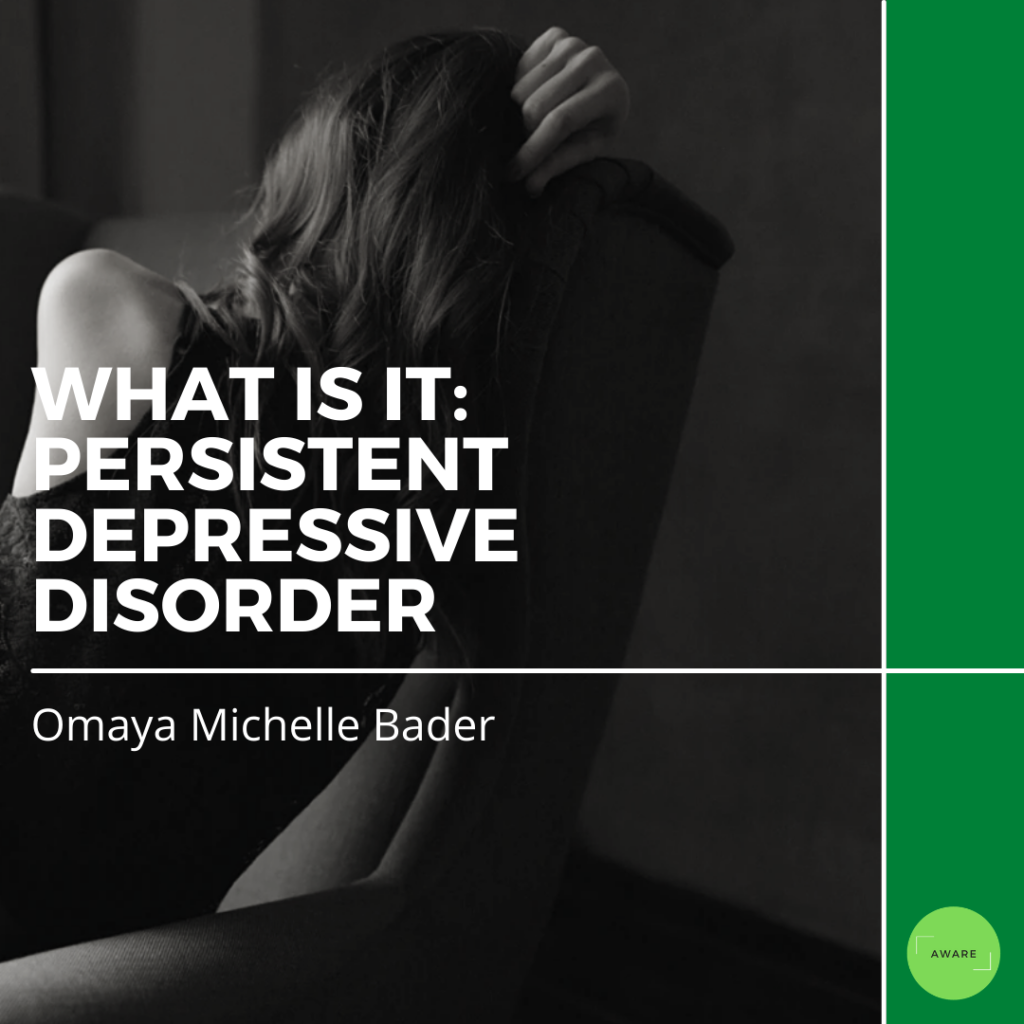Trigger warning: this article discusses a depressive disorder.
Persistent depressive disorder, also called dysthymia, is a continuous long-term chronic form of depression. PDD may cause you to lose interest in normal daily activities, feel hopeless, lack productivity, and have low self-esteem and an overall feeling of inadequacy. These feelings last for years and may significantly interfere with your relationships, school, work, and daily activities.
PDD & the Symptoms
Persistent depressive disorder symptoms usually come and go over a period of years and their intensity can change over time. But typically, symptoms do not disappear for more than two months at a time. In addition, major depression episodes may occur before or during persistent depressive disorder — this is sometimes called double depression.
Symptoms of persistent depressive disorder can cause significant impairment and may include –
- Loss of interest in daily activities
- Sadness, emptiness, or feeling down
- Hopelessness
- Tiredness and lack of energy
- Low self-esteem, self-criticism, or feeling incapable
- Trouble concentrating and trouble making decisions
- Irritability or excessive anger
- Decreased activity, effectiveness, and productivity
- Avoidance of social activities
- Feelings of guilt and worries over the past
- Poor appetite or overeating
- Sleep problems
If you, or someone you know, is struggling with persistent depressive disorder, it is important to seek help of a professional.
